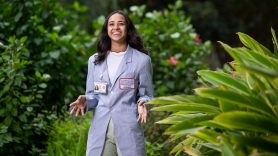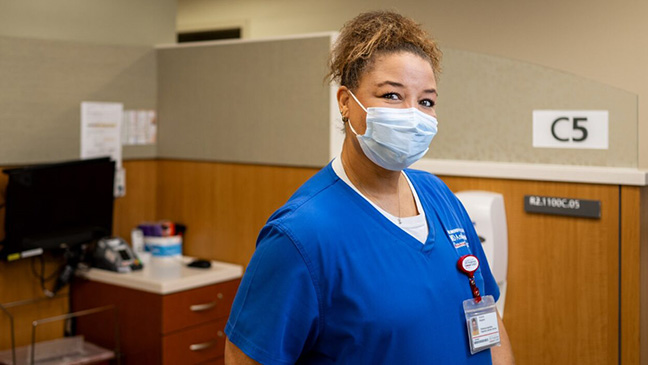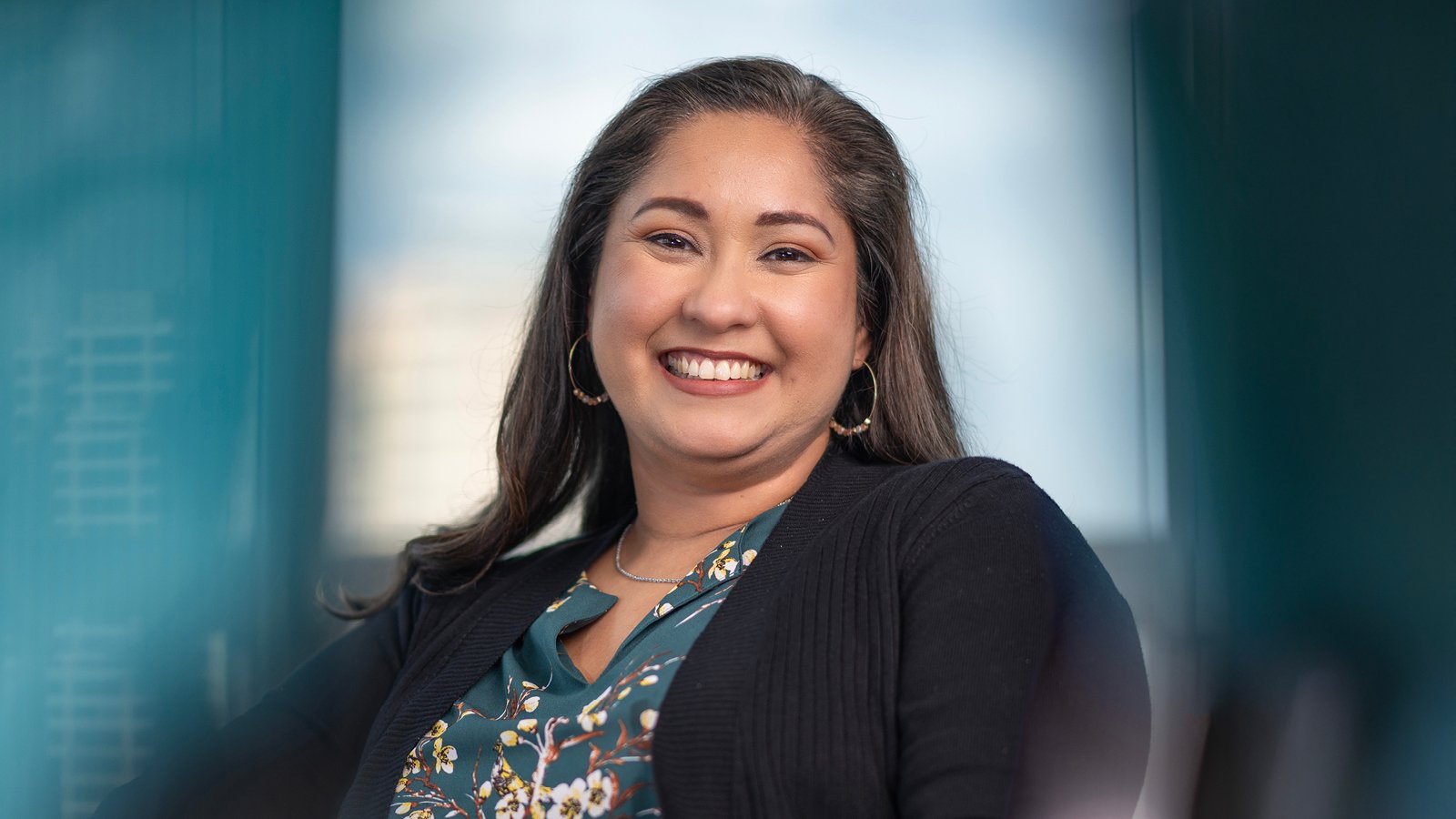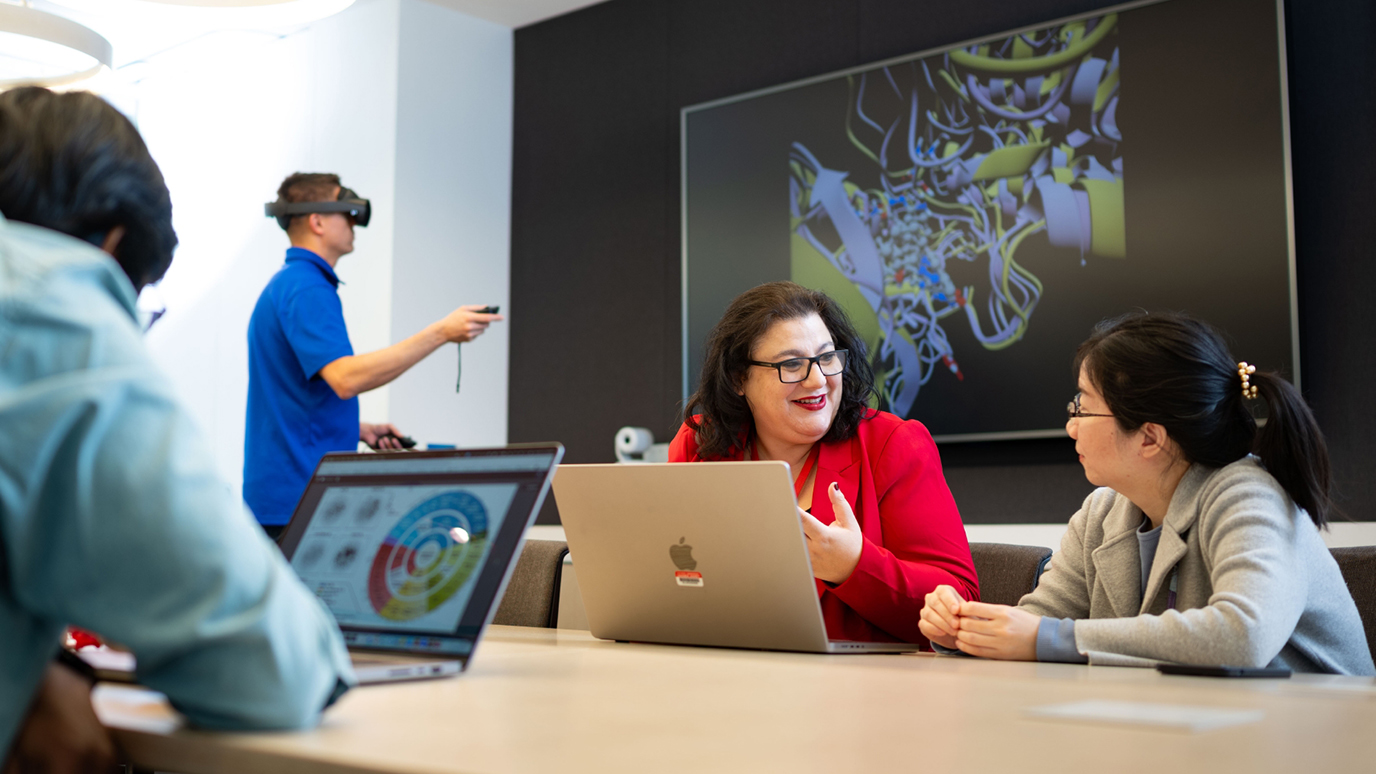- Diseases
- Acoustic Neuroma (14)
- Adrenal Gland Tumor (24)
- Anal Cancer (68)
- Anemia (2)
- Appendix Cancer (16)
- Bile Duct Cancer (26)
- Bladder Cancer (72)
- Brain Metastases (28)
- Brain Tumor (232)
- Breast Cancer (714)
- Breast Implant-Associated Anaplastic Large Cell Lymphoma (2)
- Cancer of Unknown Primary (4)
- Carcinoid Tumor (8)
- Cervical Cancer (158)
- Colon Cancer (166)
- Colorectal Cancer (116)
- Endocrine Tumor (4)
- Esophageal Cancer (44)
- Eye Cancer (36)
- Fallopian Tube Cancer (8)
- Germ Cell Tumor (4)
- Gestational Trophoblastic Disease (2)
- Head and Neck Cancer (12)
- Kidney Cancer (128)
- Leukemia (342)
- Liver Cancer (50)
- Lung Cancer (286)
- Lymphoma (278)
- Mesothelioma (14)
- Metastasis (30)
- Multiple Myeloma (100)
- Myelodysplastic Syndrome (60)
- Myeloproliferative Neoplasm (4)
- Neuroendocrine Tumors (16)
- Oral Cancer (100)
- Ovarian Cancer (172)
- Pancreatic Cancer (160)
- Parathyroid Disease (2)
- Penile Cancer (14)
- Pituitary Tumor (6)
- Prostate Cancer (146)
- Rectal Cancer (58)
- Renal Medullary Carcinoma (6)
- Salivary Gland Cancer (14)
- Sarcoma (238)
- Skin Cancer (296)
- Skull Base Tumors (56)
- Spinal Tumor (12)
- Stomach Cancer (64)
- Testicular Cancer (28)
- Throat Cancer (92)
- Thymoma (6)
- Thyroid Cancer (96)
- Tonsil Cancer (30)
- Uterine Cancer (80)
- Vaginal Cancer (16)
- Vulvar Cancer (20)
- Cancer Topic
- Adolescent and Young Adult Cancer Issues (20)
- Advance Care Planning (10)
- Biostatistics (2)
- Blood Donation (18)
- Bone Health (8)
- COVID-19 (362)
- Cancer Recurrence (120)
- Childhood Cancer Issues (120)
- Clinical Trials (630)
- Complementary Integrative Medicine (22)
- Cytogenetics (2)
- DNA Methylation (4)
- Diagnosis (232)
- Epigenetics (6)
- Fertility (62)
- Follow-up Guidelines (2)
- Health Disparities (14)
- Hereditary Cancer Syndromes (126)
- Immunology (18)
- Li-Fraumeni Syndrome (8)
- Mental Health (116)
- Molecular Diagnostics (8)
- Pain Management (62)
- Palliative Care (8)
- Pathology (10)
- Physical Therapy (18)
- Pregnancy (18)
- Prevention (916)
- Research (392)
- Second Opinion (74)
- Sexuality (16)
- Side Effects (604)
- Sleep Disorders (10)
- Stem Cell Transplantation Cellular Therapy (216)
- Support (402)
- Survivorship (320)
- Symptoms (182)
- Treatment (1786)
College student thrilled to volunteer again at MD Anderson
2 minute read | Published January 03, 2023
Medically Reviewed | Last reviewed by an MD Anderson Cancer Center medical professional on January 03, 2023
Like most college seniors, graduation, starting a career and making a mark on the world are top of mind for Saloni Cholia. An ecology and evolutionary biology major at Rice University, Cholia already has made a lasting impression at MD Anderson as a “floater” volunteer, a role that enables the aspiring doctor to support cancer patients and their families at MD Anderson’s Texas Medical Center Campus.
Cholia began volunteering at MD Anderson in 2020, right before the coronavirus pandemic forced a temporary pause on the volunteer program. When she returned to campus in August 2022, she was thrilled.
“It was sad not to volunteer during the peak of the pandemic, so I’m very excited to be back,” Cholia says. “I was nervous because two years had passed, and I didn’t want to mess up or say the wrong thing.”
She didn’t mess up, and she’s back with a team of volunteers who are more committed than ever.
Volunteering brings unique experiences and new insights
As a floater, Cholia wears several hats. She may serve coffee at Cancer Connection one week and staff the desk in the surgery waiting room the next. Floating keeps things interesting because she doesn’t know what she’ll be doing until she arrives on campus. It also gives her a chance to interact with and to learn from volunteers and patients from different backgrounds.
"Not only do I get to learn about different parts of the world through the patients I meet, but also about how their illnesses have affected their experiences,” Cholia says. “I’ve gained insights on how people cope with big life changes like cancer and learned how to best support them. Cancer affects both patients’ physical and mental health, and volunteers make sure patients and their families know we are there for them."
An appeal to other college students
Cholia believes helping others is one of life’s biggest rewards. She appeals to other college students to give back through volunteerism.
“As a college student, I’m able to volunteer once a week for three hours,” Cholia says. “This is pretty manageable, and I’ve never felt overwhelmed. I think more students should spend a fraction of their free time doing community service. Volunteering at MD Anderson is a great way for students to interact with people outside of their college community and to give back to the community that supports their college.”
Learn about opportunities to volunteer with MD Anderson.

Volunteering at MD Anderson is great way to give back to the community.
Saloni Cholia
Volunteer






